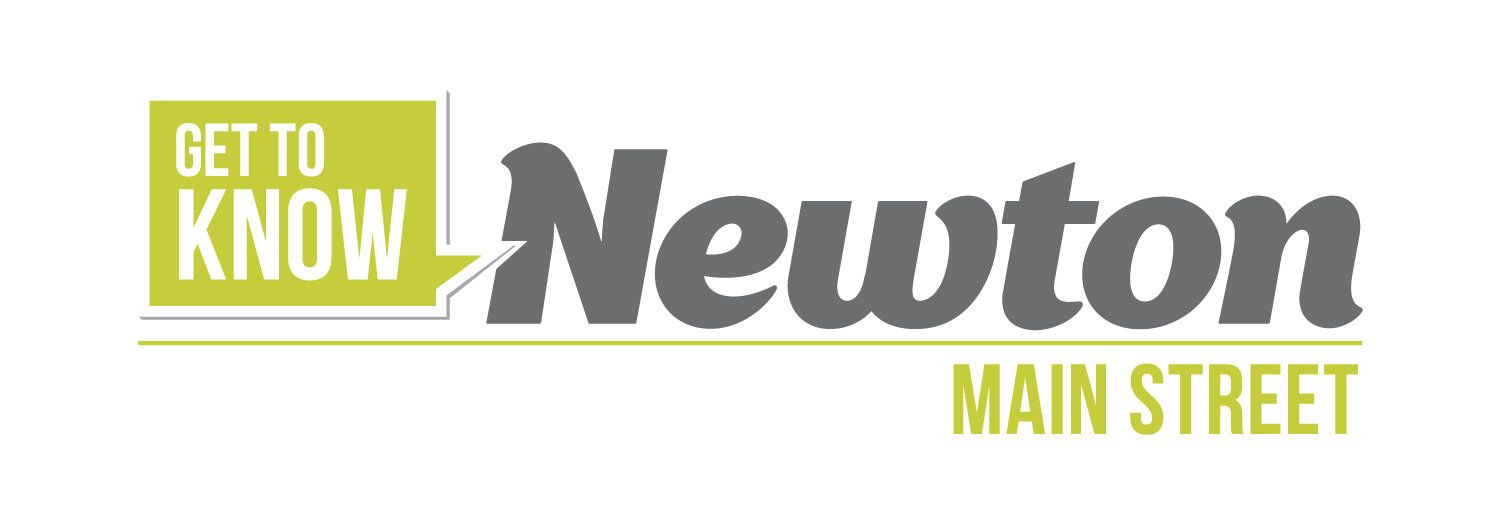Historic Preservation Resources
Looking to rehabilitate a historic property in the Newton Main Street District? That’s great! Take a look at these programs that may help with your project.
Newton Historic Preservation Commission
Preservation Funds
The National Trust for Historic Preservation, a privately-funded non-profit organization, works to save America’s historic places to enrich our future. The National Trust's grant programs have assisted thousands of innovative preservation projects that protect the continuity, diversity, and beauty of our communities. There are several grant programs available for use in Iowa. Eligible applicants are non-profit (501(c) (3) organizations and public agencies. Please contact the National Trust for grant details at or 202-588-6277. Please note that these funds are for planning grants -- the costs associated with actual restoration of a structure would not be fundable. However, if your organization needs to hire a consultant, prepare a preservation plan, or investigate reuse possibilities for a historic structure, these types of planning activities could be fundable.
Historic Tax Credits
The State Historic Preservation Office (SHPO) of the State Historical Society of Iowa administers the State Historic Preservation Tax Incentive Program and participates in the certification process for the Federal Historic Preservation Tax Incentives and county Historic Property Tax Exemption programs. The entire rehabilitation project must meet the Secretary of the Interior’s Standards when utilizing historic tax credits.
Federal Historic Preservation Tax Incentives Program
20% or 10% of qualified rehabilitation costs
Description: 20% of qualified rehabilitation costs are available as a credit against federal income taxes on income-producing historic properties. Rehabilitation work on historic properties must be “substantial” (an IRS test) and meet the Secretary of the Interior’s Standards for Rehabilitation and Guidelines for Rehabilitating Historic Buildings. Applications and photos must be reviewed by the SHPO and be approved by the National Park Service.
Eligibility Requirements: Properties must be listed on the National Register or be evaluated as National Register eligible and then listed within 30 months after claiming the credit on IRS tax forms. (A 10% tax credit is also available for non-historic, non-residential, income-producing properties built before 1936. These properties can neither be listed on the National Register nor be a contributing resource in a National Register-listed historic district.) Additional information
Statewide Historic Projects
Description: 25% of qualified rehabilitation costs are available as a credit against the owner(s) state income taxes. Properties do not need to be income-producing. The SHPO cannot reserve credits for more than three years into the future. For a residential property or barn constructed before 1937, the cost of a qualified rehabilitation project must exceed either $25,000 or 25% of the assessed value (less the land value) - whichever is less. For commercial properties, the rehabilitation project must exceed 50% of the assessed value of the property (less the land value) before rehabilitation. If there is no assessed value the insured value can be used. Rehabilitation work must meet the Secretary of the Interior’s Standards for Rehabilitation and Guidelines for Rehabilitating Historic Buildings.
Eligibility Requirements: Properties must be listed on or eligible for listing on the National Register of Historic Places or barns constructed before 1937 or barns that are eligible or listed on the National Register of Historic Places. Additional information
Temporary Historic Property Tax Exemption
4-year “freeze” on property tax increases, then 25% increase per year to adjusted value after rehabilitation.
Description: Local property tax incentive for the sensitive, "substantial rehabilitation" of historic buildings. Property taxes remain the same for four years followed by increases of 25% per year for the following four years. Two applications are required – one from SHPO and one from the county assessor.
Eligibility Requirements: Properties must be listed on or eligible for listing on the National Register, contributing to National Register or local historic districts, or designated by a county or municipal landmark ordinance.
The property must also be eligible based on the specific county's priority list for that tax year. The County Board of Supervisors will establish priorities for which an exemption may be granted and will annually designate real property in the county for a historic property tax exemption. A public meeting must be held, with notice given, at which the proposed priority list will be presented. Additional information

